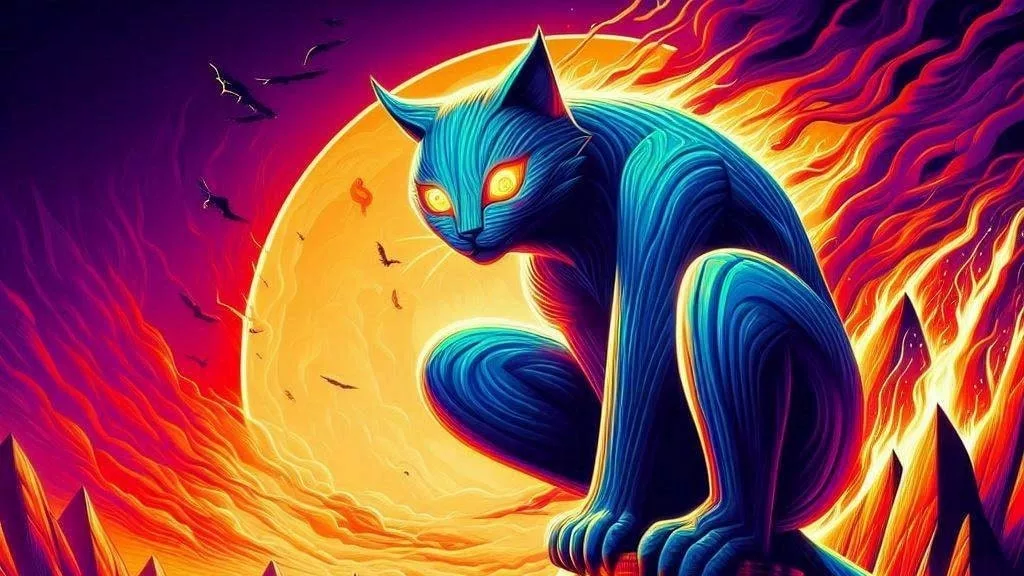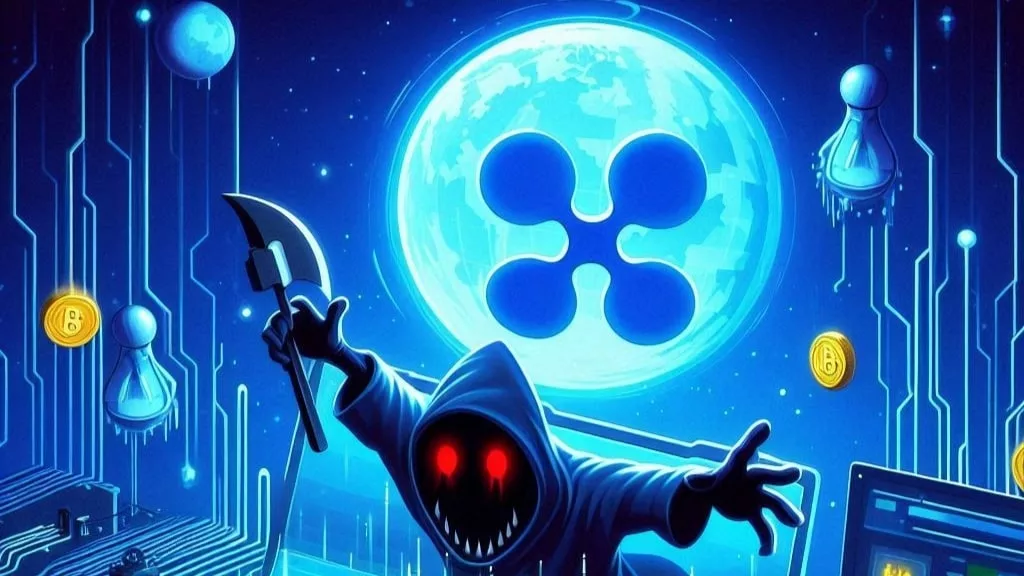
The genesis of the Ripple-SEC lawsuit dates back to December 2020 when the SEC filed a lawsuit against Ripple Labs, alleging that the company conducted an unregistered securities offering through the sale of XRP tokens, amounting to approximately $1.3 billion. According to the SEC, Ripple violated federal securities laws by selling XRP as an unregistered security, akin to traditional stocks and bonds.
Ripple vehemently contests these allegations, asserting that XRP operates primarily as a digital currency similar to Bitcoin and Ethereum. The company argues that XRP functions independently of Ripple and serves as a utility token designed to facilitate efficient cross-border payments and enhance liquidity in financial transactions.
As of July 2024, speculation surrounding a potential settlement between Ripple and the SEC has intensified. One compelling indication fueling these speculations is an upcoming closed meeting scheduled by the SEC on July 25. The meeting agenda includes discussions on critical topics such as the “institution and settlement of administrative proceedings” and the “resolution of litigation claims.” This has prompted industry insiders to speculate on the possibility of a breakthrough in the Ripple lawsuit.
Throughout the course of the lawsuit, the SEC’s stance on the financial penalties imposed on Ripple has evolved significantly. Initially, the SEC sought a staggering $2 billion in fines from Ripple, reflecting its stringent regulatory stance. However, recent reports indicate a notable softening in the SEC’s position, with the regulatory body revising its fine demand downward to $102.6 million.
The SEC’s willingness to reduce its financial demands is viewed positively by Ripple and its proponents, signaling a potential openness to reach a settlement agreement. Nonetheless, negotiations are ongoing, and both parties have yet to finalize the terms of any potential settlement, including financial penalties and compliance measures.
The Ripple-SEC lawsuit has had a profound impact on investor sentiment and market dynamics within the cryptocurrency ecosystem. Since the SEC’s initial lawsuit announcement in late 2020, the price of XRP has experienced significant volatility, reflecting market uncertainty and investor reactions to legal developments and regulatory scrutiny.
Investors, cryptocurrency enthusiasts, and market analysts closely monitor developments in the Ripple lawsuit, as a settlement or legal resolution could potentially mitigate regulatory uncertainties surrounding XRP. Clarity on XRP’s regulatory status could bolster confidence in Ripple’s business operations and its XRP token, potentially catalyzing its price in the cryptocurrency markets.
Legal experts and analysts offer diverse perspectives on the likelihood and timing of a settlement between Ripple and the SEC. Fred Rispoli, a seasoned securities lawyer, remains optimistic about the prospects of a settlement occurring as early as July 2024. Similarly, Jeremy Hogan, a respected legal analyst, predicts that a resolution may materialize before the conclusion of summer, citing ongoing negotiations and potential compromises between the involved parties.
Brad Garlinghouse, Ripple’s CEO, has provided glimpses into the ongoing negotiations, hinting at the possibility of a settlement “very soon.” While Garlinghouse refrains from divulging specifics of the discussions, he acknowledges critical unresolved issues related to investment contracts sold to institutions that need addressing before the case can be resolved.
Despite navigating legal uncertainties, Ripple continues to advance its strategic initiatives and solidify its market position within the blockchain and fintech sectors. The company actively pursues partnerships with global financial institutions and payment providers, promoting the utility and efficiency of its Ripple Net blockchain network.
Ripple Net leverages XRP as a liquidity solution, offering financial institutions a cost-effective and rapid method for processing international payments. Despite regulatory challenges, Ripple remains steadfast in expanding its market footprint and driving adoption of its blockchain technology across the global financial landscape.
Beyond its immediate implications for Ripple and XRP, the outcome of the Ripple-SEC lawsuit could set a precedent for cryptocurrency regulation in the United States and globally. A favorable settlement for Ripple, coupled with clear regulatory guidelines on XRP’s status, could enhance regulatory clarity and stability within the cryptocurrency market.
Conversely, a protracted legal dispute or an adverse ruling against Ripple could perpetuate regulatory uncertainties, potentially stifling innovation and investment in the cryptocurrency industry. Stakeholders, including blockchain startups, investors, and policymakers, closely monitor the lawsuit as a barometer of regulatory attitudes towards digital assets and decentralized finance.
As the Ripple-SEC lawsuit continues to unfold, stakeholders across the cryptocurrency landscape eagerly await the outcome of the SEC’s closed meeting and subsequent developments in settlement negotiations.
However, the outcome of the lawsuit remains uncertain, and both Ripple and the SEC face complex legal challenges and regulatory considerations in reaching a mutually agreeable settlement. The resolution of the Ripple lawsuit will not only shape the future trajectory of Ripple Labs and its XRP token but also influence broader regulatory frameworks governing digital assets worldwide.


Get the latest Crypto & Blockchain News in your inbox.